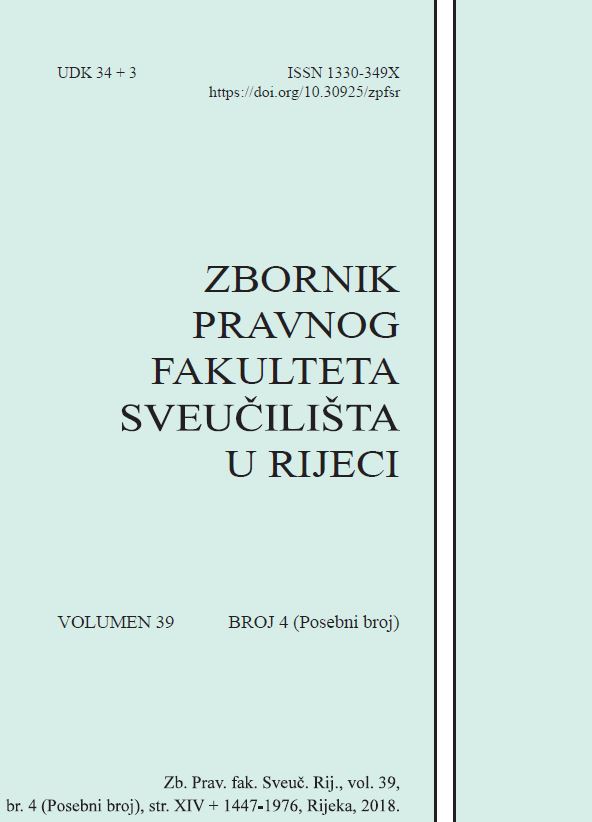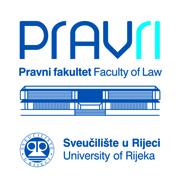ENCOURAGING THE GROWTH OF SKILLS AND INNOVATION IN THE NETHERLANDS
DOI:
https://doi.org/10.30925/zpfsr.39.4.18Keywords:
innovations; the Netherlands; training policy; growth of skills; workersAbstract
This paper describes an example of best practice in the Netherlands with respect to promoting the innovation of enterprises. This policy consists of promoting cooperation between knowledge centres (including universities) and enterprises, enabling the enterprises and start-ups to be located in the neighbourhood of knowledge centres and assisting them in obtaining the required permits, and, if necessary, grant subsidies. This policy has proved to be very successful. Developing a training policy for all sectors of economy, on the other hand, is more difficult. This becomes even more difficult if employers and employees have opposite interests, especially if employers fear that the newly trained worker will leave their job after acquiring the new qualification or if the worker has to reimburse the subsidy. Therefore, the establishment of training funds, made available for all employers and workers who want to qualify for another job, can contribute to the growth of skills.
Additional Files
Published
How to Cite
Issue
Section
License
Collected Papers is an open access journal. Journal does not charge article processing charges (APC) to authors. It is licensed under CC BY-NC licence 4.0.
Collected Papers of the Law Faculty of the University of Rijeka" is an Open Access journal. Users are allowed to read, download, copy, redistribute, print, search and link to material, and alter, transform, or build upon the material, or use them for any other lawful purpose as long as they attribute the source in an appropriate manner according to the CC BY licence.
The papers published in "Collected Papers of the Law Faculty of the University of Rijeka" can be deposited and self-archived in the institutional and thematic repositories providing the link to the journal's web pages and HRČAK.
Upon acceptance of the manuscript for publication by this journal, the author can publish same manuscript in other journals only with the permission of the Editorial Board (secondary publication). A repeated publication should contain a notice as to where the manuscript was originally published.



